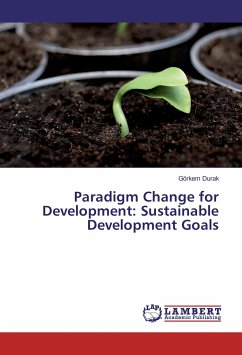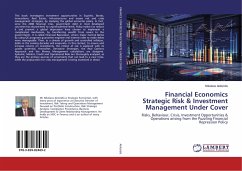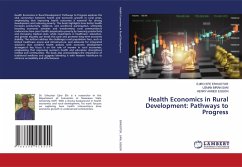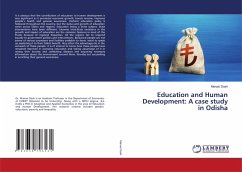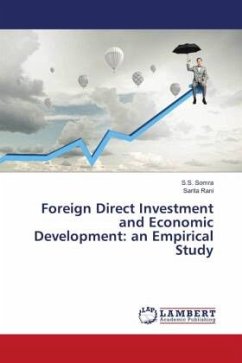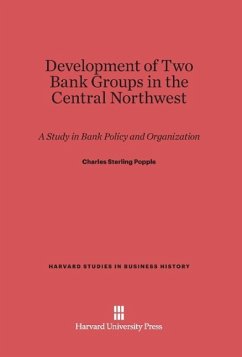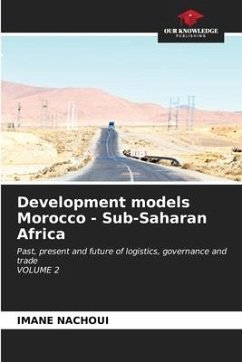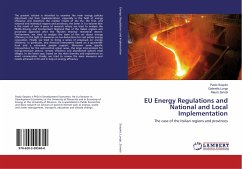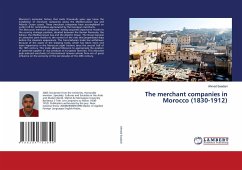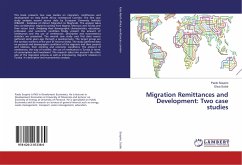
Migration Remittances and Development: Two case studies
Versandkostenfrei!
Versandfertig in 6-10 Tagen
59,99 €
inkl. MwSt.

PAYBACK Punkte
30 °P sammeln!
This book presents two case studies on migration, remittances and development on Italy North Africa remittances Corridor. The first case study analyses second source data by European University Institute (DReMM - Database on Return Migration to Maghreb). The analysis takes into consideration migrants coming from Algeria, Morocco and Tunisia and their return back. Analysing their demographic characteristics, education, profession and economic condition. Finally, present the amount of remittances and the use of remittances. Descriptive and econometrics statistics are presented. The second case s...
This book presents two case studies on migration, remittances and development on Italy North Africa remittances Corridor. The first case study analyses second source data by European University Institute (DReMM - Database on Return Migration to Maghreb). The analysis takes into consideration migrants coming from Algeria, Morocco and Tunisia and their return back. Analysing their demographic characteristics, education, profession and economic condition. Finally, present the amount of remittances and the use of remittances. Descriptive and econometrics statistics are presented. The second case study uses first data source gathered some years ago through a questionnaire. The target group are the tunisian workers at the port of Ancona (Italy). The study gathered data on personal and demographic conditions of the migrants and their parents and relatives, their working and economic conditions. The amount of remittances, the way of transfer, the use of remittances in Tunisia in terms ofconsumption and investment. The research takes into account the other side of the migration process as well as interviewing migrants' relatives in Tunisia. It's descriptive and econometrics analysis.



